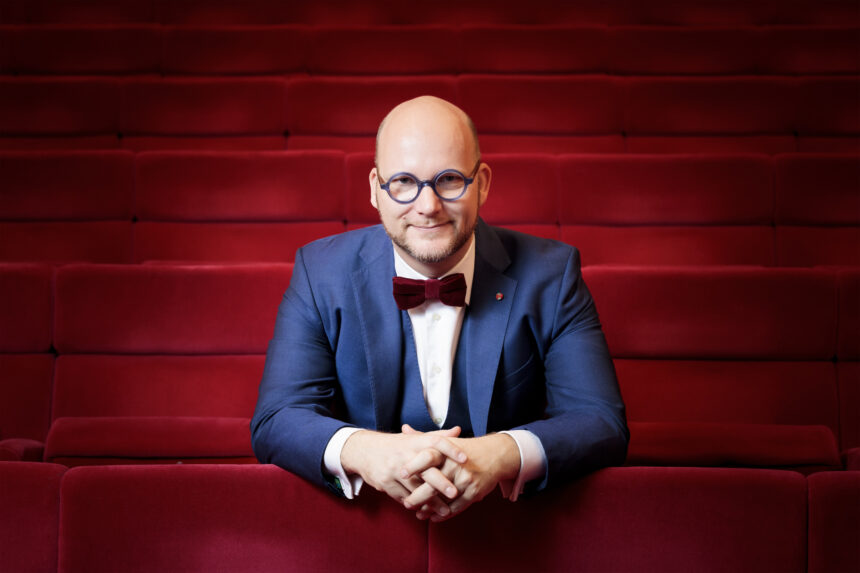In Martina Franca, from the 19th July to the 6th August 2022, Delitto e castigo by Pedrollo, Beatrice di Tenda by Bellini, Opera italiana by Campogrande, and Il Xerse by Cavalli
Online bookings are already available
The 48th edition of the Festival della Valle d’Itria, scheduled from the 19th July to the 6th August 2022 in Martina Franca, will see the first programme by our new artistic director, Sebastian F. Schwarz. Four operas spanning from the seventeenth century to present day: rare pieces such as Arrigo Pedrollo’s Delitto e castigo (1926), as well as less-performed works by renowned composers, like Beatrice di Tenda (1833) by Bellini, and Il Xerse by Cavalli, as well as the world premiere Opera italiana by Nicola Campogrande (2010).
This year marks the beginning of a collaboration with Bari’s Accademia di Belle Arti, whose students will prepare the illustrations for the 2022 informative material.
«The next edition of the Festival della Valle d’Itria – says President Franco Punzi –marks the beginning of a new era of our Apulian event, inaugurating the artistic direction of Sebastian F. Schwarz, who will carry out our characterising values with consistency: the re-discovery of rare or underestimated operas and scores, attention for unabridged versions and critical editions, and faithfulness to the composers’ original intentions. Together with a sneak peak of the programme, we are delighted to announce the re-establishment of Martina Franca’s Teatro Verdi as one of the venues of the Festival. In view of the 50th edition, we cherish collaborations with Apulian cultural institutions, local administrations, and an ever more qualified and selected group of sponsors and patrons».
«I will seize the opportunity of this preview to wholeheartedly thank the Fondazione Paolo Grassi for the belief they have placed in me for this prestigious task. I willingly accept the challenge – states artistic director Sebastian F. Schwarz– conscious of the responsibility I have after the programmes created by the esteemed colleagues who have come before me. I will remain faithful to the Festival’s DNA, because there is no greater gift for an artist than curiosity: a feeling I hope to instil in our audience over the next few years. Today we will reveal the main titles, the conductors and directors from whom, in my opinion, we can already savour the exciting journey through time you will enjoy with us».
The opening night of the 48th edition, set for Tuesday 19th July in Martina Franca’s Palazzo Ducale, uncovers the first of the rare works for 2022: Delitto e castigo, dramma lirico by composer Arrigo Pedrollo from Vicenza (1878-1964) with libretto by Giovacchino Forzano, based on the homonymous novel by Fëdor Dostoevskij. After its debut at La Scala in 1926, it was performed at La Fenice 1953. It represents the style of the author, well immersed in the Italian cultural climate of the ‘20s, with an eye for 19th century and Wagnerian heritage as well as an attention for French “novelties”. Jan Latham Koenig conducts, while direction is by David Pountney, one of today’s maestros. «Having dedicated the past few months to the bicentenary of the birth of Dostoevskij (1821-2021) – adds Sebastian F. Schwarz –,I mused over the novel The House of the Dead which, like other works by the Russian author, became the subject of operas. I then noted that Crime and Punishment had also been turned into an opera, by a composer unknown to me: this is how I discovered Pedrollo’s score. It received less praise than it deserved because in 1926 it no longer satisfied the Verismo gusto of the time, while today it is ready to give us strong feelings, irony, contrasts, and dramatic power».
The second opera is Beatrice di Tenda by Vincenzo Bellini (1833). The opera is one of the least performed by the composer from Catania, whose repertoire has been carefully perused throughout the Belcanto programmes of the Festival della Valle d’Itria. It marks the last work of the Bellini-Romani partnership, which came to an abrupt halt precisely due to the late delivery of the libretto. It is inspired by a true story which took place near Milan in the early 1400s. In Martina Franca, Beatrice di Tenda will be presented in concert form conducted by the Festival’s music director Fabio Luisi.
The Palazzo Ducale is the venue for the world premiere of Opera italiana by Nicola Campogrande, an opera written between 2008 and 2010,commissioned by the Comitato Italia 150 (on the occasion of the celebrations for Italy’s national Unity 1861-2011)to depict contemporary Italy. For this reason Elio, wearing for the first time the librettist hat, with Piero Bodrato has conceived a story developed in three key moments in recent history: the ‘60s and ‘70s, the ‘80s, and present day. Conduction and direction are respectively by Alessandro Cadario and Tommaso Franchin, increasingly emerging artists of the past few years.«For Opera italiana– states Campogrande –, I composed a happy, intense score, alternating moments of pure fun to pages dominated by love, passion, and occasionally drama. The music has melodies, harmonies, rhythms, and instrumental ideas which leave the performers free to express themselves, have fun, and connect with the audience. I keep thinking that composers today can go beyond the somewhat punitive experience of the old avant-gardes, and work on a present (and maybe a future) in which music can be a pleasure once again, for the ears and for the heart, as well as for the mind».
News for 2022 is that, after several years, we have a return of Martina Franca’s Teatro Verdi as a venue for our performances. The theatre has just been refurbished, and it is here that Il Xerse by Francesco Cavalli (1655) will be performed, in its new critical edition by Sara Elisa Stangalino and Hendrik Schulze, for Bärenreiter. With this tough Baroque work we continue our collaboration with Federico Maria Sardelli, an expert of Italian Baroque, top author and performer. Director is Martina Franca’s own Leo Muscato, “returning home” after his Le braci by Marco Tutino in 2015.
The complete programme shaped by the new artistic director, with a few innovations alongside the unmissable events in the ‘masserie’, the artists, and ticket sales will be disclosed over the next few months, also in view of the changing norms for live show determined by the latest global health emergency.





